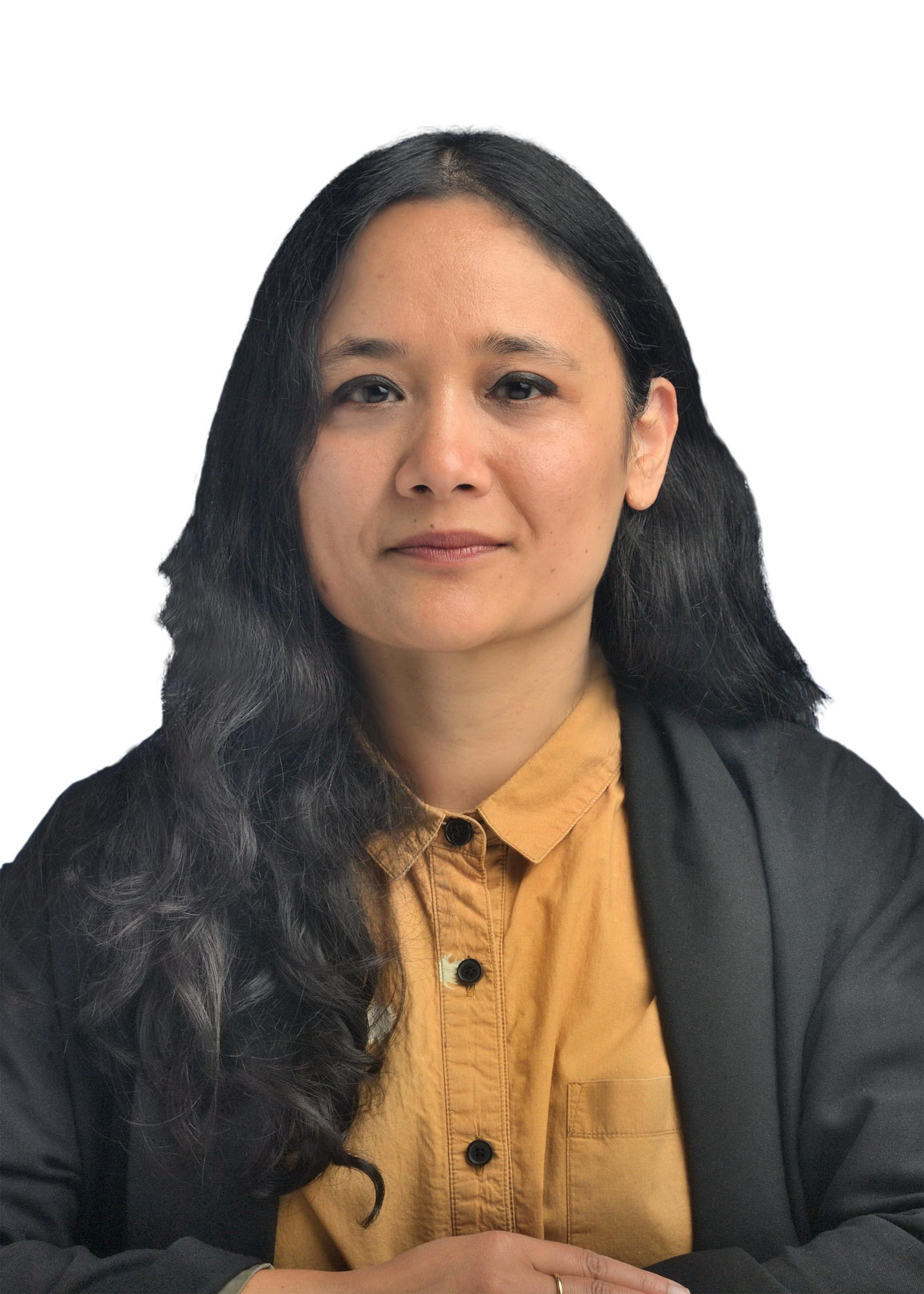Assemblymember Shrestha Urges School Families, Teachers, and Staff to Submit a Written Testimony on What the Foundation Aid Formula Should Fund
Kingston, NY – This year’s State budget called for the Rockefeller Institute to study and propose potential changes to the Foundation Aid formula – a formula that determines how much funding the State should provide to each school district. The State’s share is on top of local funding that’s generated through property taxes. Assemblymember Shrestha is urging school families, teachers, and staff to submit a testimony as part of the study, and has provided a guide on how to do so. The guide can be found at: https://actionnetwork.org/forms/foundation-aid
“The Governor proposed significant changes to school funding in her Executive proposal this year, which would have resulted in some cuts to school districts across the State, and significant cuts to others,” said Shrestha, “In our Assembly district, a 38.7% cut was proposed for the Onteora school district, 23.8% for Rhinebeck, 19.9% for Rondout, and 10.1% for Red Hook. The legislature rejected these proposals and restored $341,155,000 in general support for public schools, and instead of accepting the changes the Governor had proposed to the Foundation Aid formula, we agreed to have it studied for potential changes. That study is now underway, and it’s important for education stakeholders like families, teachers, and school staff to submit a testimony explaining what the Foundation Aid formula should cover. The formula applies to everything except capital projects, so it doesn’t apply to building improvements and expansions, for example. But we should ensure that it’s designed to provide enough funds for qualified personnel, including teachers, principals, and nurses, as well as additional support personnel such as social workers and behavior specialists; it should also fund the attributes that maximize the positive impact public schools can have on its students and workers, such as appropriate class sizes, libraries and educational technology, electives like art and music classes, tutoring, before and after school programs, summer school, early academic interventions, pre-k, support for English language learners, and so on. If we don’t have our voices heard, we risk underinvesting in our public schools, and therefore our communities. We’ve prepared a guide that includes more details on what the formula ought to fund, how to structure the testimony, and where to submit it. I hope the Rockefeller Institute hears from a lot of our constituents.”
The guide can be found at https://actionnetwork.org/forms/foundation-aid.
More details from the Rockefeller Institute can be found at their Web site.
